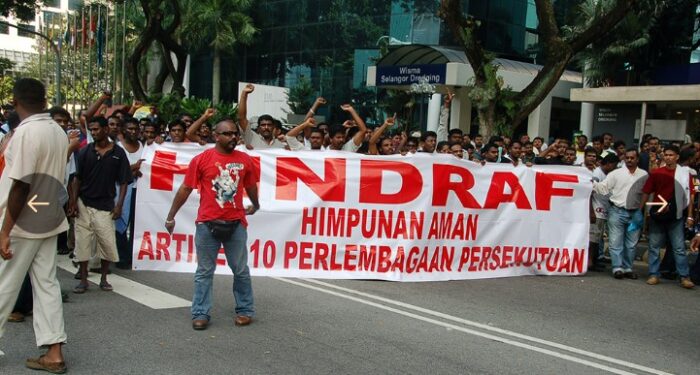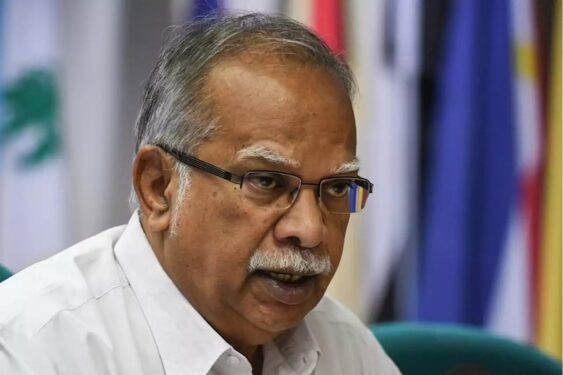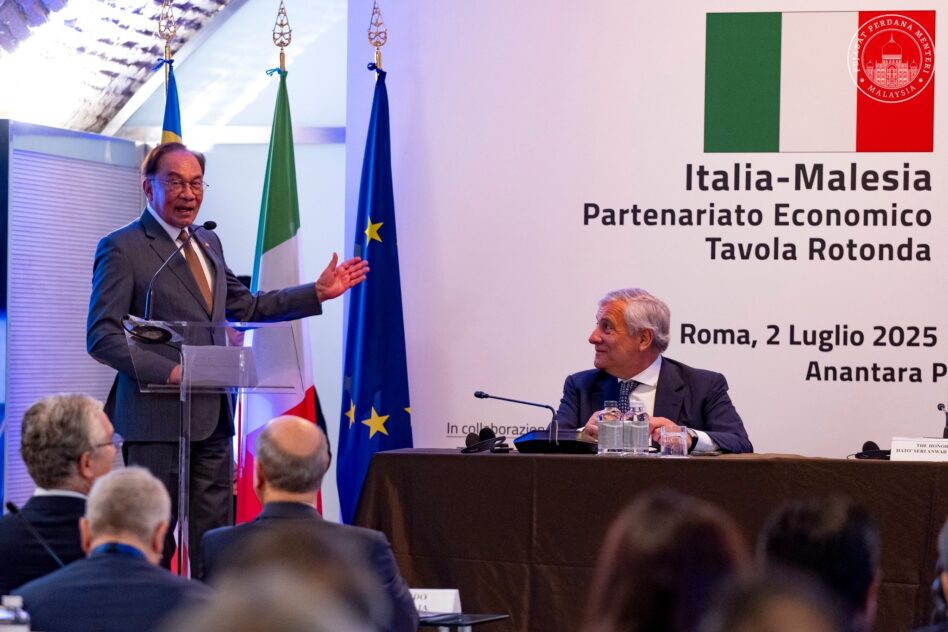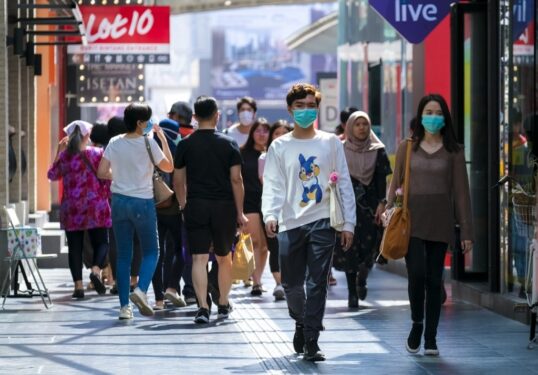INDIANS are not passive or ignorant of their political strength in the country. It is just that they don’t have proper, effective and dynamic leadership to tap their strength and vitality.
Indians have a king-making presence not just in a few constituencies but in about 60 electoral constituencies, both parliamentary and state.
Indian presence is more than 10% in some constituencies, in some more than 15% and there are constituencies where Indians have a presence of more than 20% or even more than 35% in a small handful of constituencies.
All in all, even if the Indian population is about 7% or 8% of the total population, when it comes to their electoral strength, they are a force to be reckoned with.
Yes, the vast majority of Chinese and Indians are with the Paaktan Harapan (PH) coalition, a shift that took place after 2007.
Among Indians, what was once thought impossible deserted the BN in droves to align with first the Pakatan Rakyat (PR) and then the PH after 2008 and onwards.
Today, given the race and religious politics of the opposition, namely the Perikatan Nasional (PN), the non-Malays have little choice but to vote PH or the unity government.
Fear or insecurity in politics is ephemeral in the country. It cannot be taken for granted that the non-Malays are the fixed deposit for the PH.
Remember HINDRAF?
But things might change under favourable political and social circumstances. I agree that Indians might be kingmakers in about 60 electoral constituencies; their kingmaking prowess will vary in accordance with their percentage of presence in the constituencies.

It is not that Indians are ignorant of the changing circumstances of the country. Under certain trying circumstances, Indians having nothing much to lose in material terms might be more easily radicalised than the Chinese.
The 2007 HINDRAF (Hindu Rights Action Force) movement was one example of Indian radicalisation for betterment.
There have been a number of historical antecedents to the HINDRAF movement where Indians fought tooth and nail against the colonial and post-colonial governments.
The majority of Indians in the country are members of the working class concentrated in urban areas. They might not have the wealth of the Chinese community but they can be radicalised under proper progressive leadership.
For more than 60 years, Indians caught in the web of MIC servile politics became a passive community depending on breadcrumbs from the government.
Indians want reforms that will make far-reaching, meaningful changes for their community. They are not beggars in the country. Without the sweat and toil of their ancestors, development might have been hampered.
It cannot be taken for granted that Indians have no choice other than PH. They are attracted to the reforms promised by Prime Minister Datuk Seri Anwar Ibrahim and the unity government. Their continuous support for the DAP and PKR cannot be taken for granted.
Not weaklings
Indians might be opposed to the extremist politics of the PN but there is no guarantee that they will not be open to other kinds of political formations in the future.

It is a challenge for Anwar to address the social and economic needs of Indians. Sweet words and endearments might only have a superficial effect.
It is not that Indians are not aware of their electoral strength or the power to mobilise for their betterment. Those who believe that Indians are passive and don’t have the numerical presence to bring about meaningful change should just look back at past history.
The absence of effective and progressive leadership is something that is lacking in the community.
The past leadership of Indians in ethnic or multi-racial political parties might not have had the desired effect. Their leaders were too prone to succumb to the majoritarian needs of society.
Indian leaders in the MIC were effective in disciplining the Indians but there were no beneficial programmes for Indians.
Let us take the Indian community seriously as they are citizens of the country who have contributed much to the development and well-being of the country.
Those powers to be who neglect Indians on the basis of race, religion or their numerical weakness will be condemned to repeat the unsavoury aspects of the country’s political history. – July 29, 2023
Prof Ramasamy Palanisamy is the former DAP state assemblyman for Perai. He is also the former deputy chief minister of Penang.
The views expressed are solely of the author and do not necessarily reflect those of Focus Malaysia.
Photo credits: Malaysiakini









